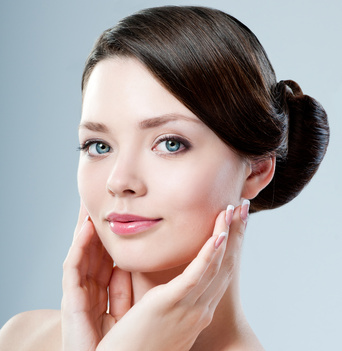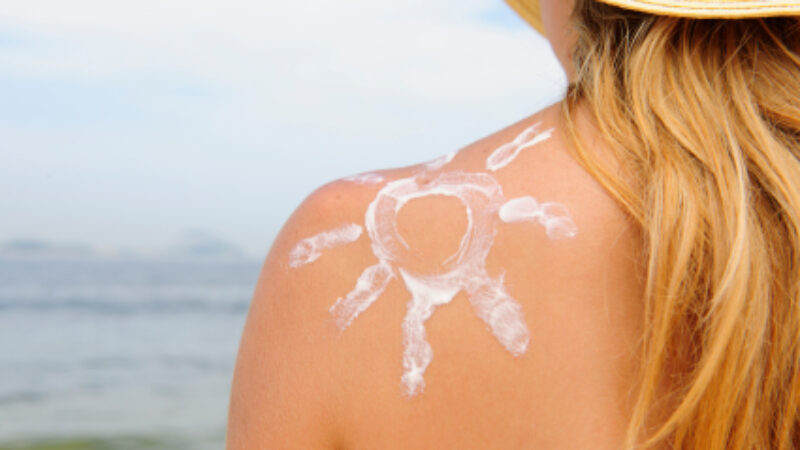Like the celebrated actress in the latest Hollywood blockbuster, retinoids are stars when it comes to the anti-aging skin care world. And just like the most talked about celebrity, there’s no shortage of information (and misinformation) about this vitamin A derivative.
If you’ve been considering adding a retinoid to your daily routine, we’re here to help separate the myths from the facts and to make your decision just a little bit easier.
Myth: Only prescription strength retinoids are effective.
Fact: Retinoids come in many strengths and forms, encompassing retinol, retinaldehyde (also known as retinal) and retinoic acid. When applied topically to the skin, retinol must first be converted to retinaldehyde and then to retinoic acid in order to be effective at skin cells. Pure retinoic acid for topical use is only available by prescription. Yes, it’s effective, but is also the most potentially irritating form and cannot be tolerated by many individuals. High potency formulations containing retinol or retinal are also incredibly effective.
Myth: Retinoids thin the skin.
Fact: Just the opposite in fact! Retinoids promote collagen production, which leads to plumper, thicker and smoother skin.
Myth: Retinoids should only be used after wrinkles appear.
Fact: Although many women in their 20’s have not even begun to think about anti-aging and are still a few years away from developing wrinkles, some skin care professionals believe that it’s not too early to use retinoids to help maintain their great skin and delay the visible signs of aging. Not only can retinoids reduce acne and shrink pores (common concerns of young adults) but they also work as cell communicators to regulate skin function.
Myth: Retinoids will make my skin turn red and peel.
Fact: Retinoids do have a reputation for causing dryness, redness and peeling. However, by incorporating them gradually into your skin care routine and allowing the skin to build up tolerance slowly, those effects can certainly be minimized. We like retinal, the gentle cousin to retinol and retinoic acid and the least irritating form of retinoids. It can be found in Apothekari A is for Anti-Aging serum.
Myth: Retinoids can’t be used in the summer.
Fact: Retinoids can be used year round. Retinoids are light sensitive and can be broken down to the point of being ineffective when exposed to UV light, which is why it’s best to use your retinoid treatment at night, regardless of whether it’s summer or not. When choosing a retinoid, packaging is also key. An opaque and air-tight container is optimal.
Retinoids have a long and proven history when it comes to results. Unlike a young starlet whose sole claim to fame is one movie, retinoids are here to stay, rather like Meryl Streep. And who wouldn’t want Meryl Streep as a life-long friend?



